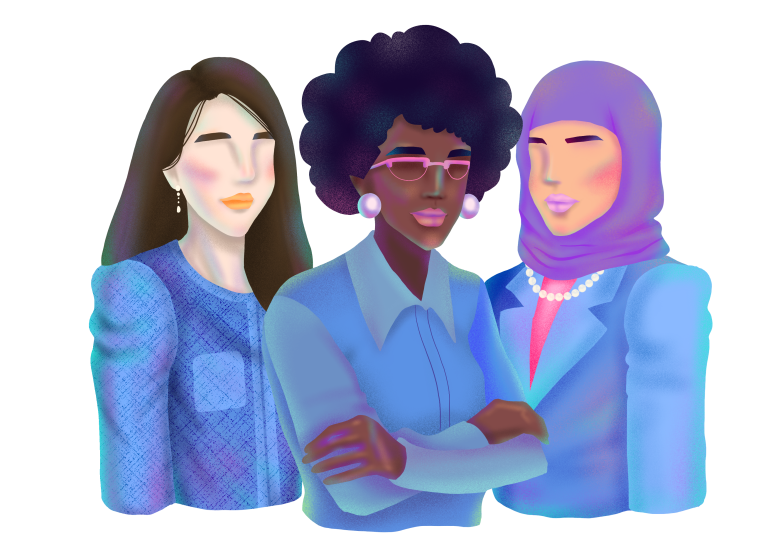
Insights
Commission on the Status of Women Set to Dominate UN Agenda
Region(s)
TOPIC(s)
Type
Commentary
Author(s)
Publish Date
March 4, 2023
Share
For many years, the Commission on the Status of Women (CSW) has been a safe space for the LGBTIQ community agenda to gain global attention. Women and minority groups shared the unfortunate problem of underrepresentation and struggled to find a platform to amplify their voices. The advent of the CSW in 1946 focused on an urgent need to promote gender equality and women’s empowerment. Even though the fight for equal rights continues, the agenda for minorities has had a world stage to air concerns, defend injustices and celebrate victories thanks to the CSW.

The 45 member-state representatives are comprised of 13 members from Africa, 11 from Asia, nine from Latin America and the Caribbean, eight from Western Europe and other States, and four from Eastern Europe.
Participation is open to non-governmental, non-profit, public or voluntary organizations after being granted consultative status with the Economic and Social Council under Article 71 of the Charter of the United Nations and on Economic and Social Council Resolution 1996/31. These accredited organizations may participate in meetings of the Council and its subsidiary bodies, including the functional commissions, under the rules of procedure of those bodies.

This year’s session will continue to promote networking and growth for participants through side events. The commission believes activities organized outside the formal program of the Commission session provide an excellent opportunity for Member States, UN entities, and NGOs to discuss themes of the Commission and other critical gender equality issues. If you are reading this article and you are developing ideas for a parallel event for the 2024 CSW session, you may use this link to find out more information.
This year’s session will convene after an extraordinary development when the Islamic Republic of Iran was expelled from membership of the United Nations Commission on the Status of Women in December 2022. The death of Mahsa Amini and the violent crackdown against human rights protesters in Iran prompted this move. This was the first time a member has been expelled over its treatment of women in the commission's history.

Take Action
When you support our research, you support a growing global movement and celebrate LGBTIQ lives everywhere.
Donate Now